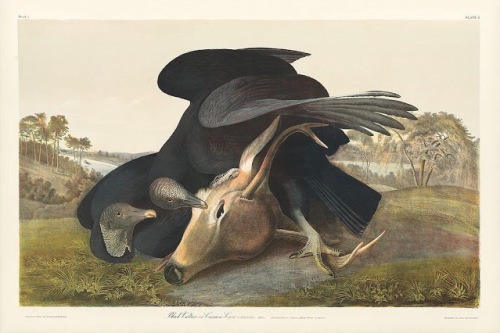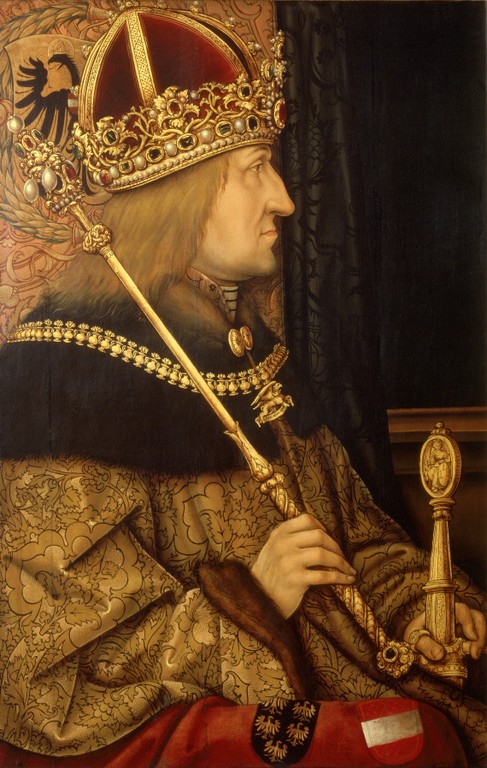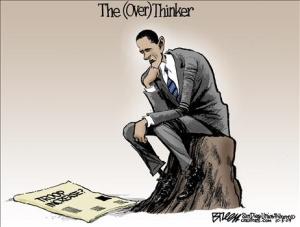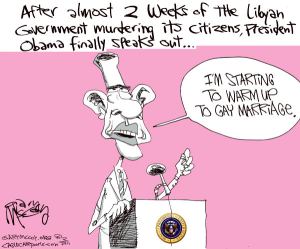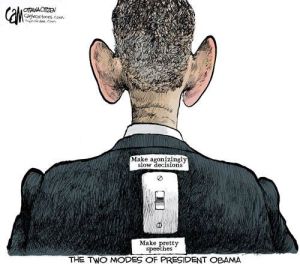Archived

Rue de Paris, temps de pluie (1877)
Gustave Caillebotte
Well, no sooner had Photobucket disallowed hotlinking to my blog images than Google discontinued their Picasa photo hosting service. They essentially retired it to make way for Google Photos, where I find I have less control over my material. It is unclear to me now where my material are actually stored, and I am also no longer able to obtain direct, permanent links to images.
This would still have been fine if Web Albums, the app I use to upload photos from my phone and link them to this blog, continued to function as usual, but after a phone unlocking procedure, where I had to reset the hardware, I could no longer log in to my account from Web Albums and access my photos. What’s worse, Google Photos only generates shortcut links that do not directly refer to the image file. This effectively disallows you from embedding the image directly on your blog or website. You can still share it via email, SMS, or social media, but you cannot embed the images.
It seems like these photo hosting services are trying to fence in your information within their domains or pay walls. It is a pity, as a lot of web authors like myself rely upon these resources to generate new content. What I love about the web is the preponderance and proliferation of amateur (non-specialist, non-professional) content, and the ability to mine existing web content to generate new content (within the bounds of fair use). It makes for a richer, deeper, more varied Internet. The continued push for consolidation and legitimization of web content will eventually lead to its ossification, much like what happened to the legacy media of newspapers and magazines.
It was my intent to maintain this site as a photoblog using Google’s photo hosting service, after Photobucket cut the hotlinks from my regular blog articles, but it seems like that will not be possible as well. In this light, I am turning this site into an archive of a decade’s worth of blogging since 2007, when I began–nearly 200 entries of sometimes pretentious, sometimes pompous, but always opinionated writing.
I will be restoring the image links (slowly) by transitioning to WordPress’ in-house photo service, so that the site will finally be completely self-contained. I am splitting my photoblogging, microblogging and new writing (or re-writing) into different WordPress sites:
Over time, I have settled into these three genres of photoblogging, microblogging, and proper writing, but doing all three in a single site has just become unwieldy, and also produced uneven results. So part of this major change also comes from my need to restructure.
I have enjoyed this “arcades project” for the last ten years, following my intellectual interests wherever it led me, striving to be a flâneur, both as amateur and dilettante: an amateur in the original French sense of “lover,” and a dilettante in the positive Italian sense of “one who delights.”
And the delights continue to beckon.

